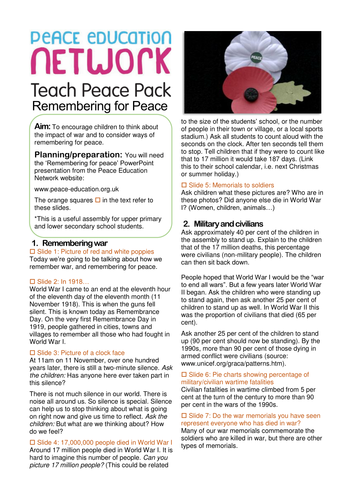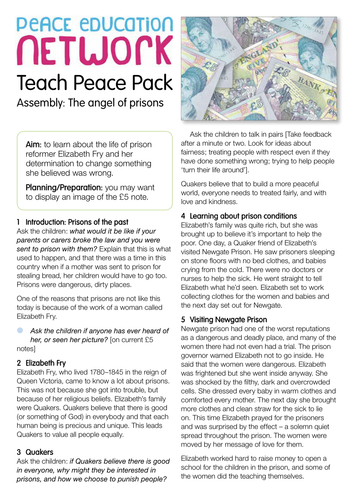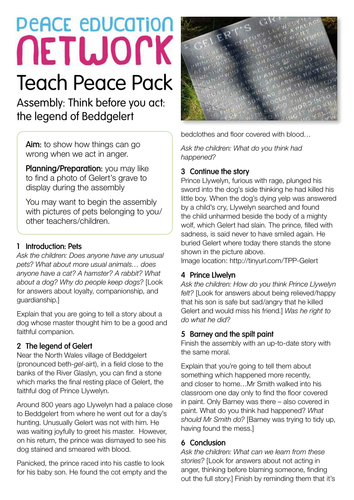Peace Education from Quakers in Britain
Quakers in Britain develop resources to support children and young people to develop the skills and understanding we all need to be peacemakers, whether in our own lives or in the wider world. Linking to the curricula of England, Scotland and Wales these lessons and resources combine fun with critical thinking about issues of peace and justice. Produced by Quaker Peace & Social Witness














